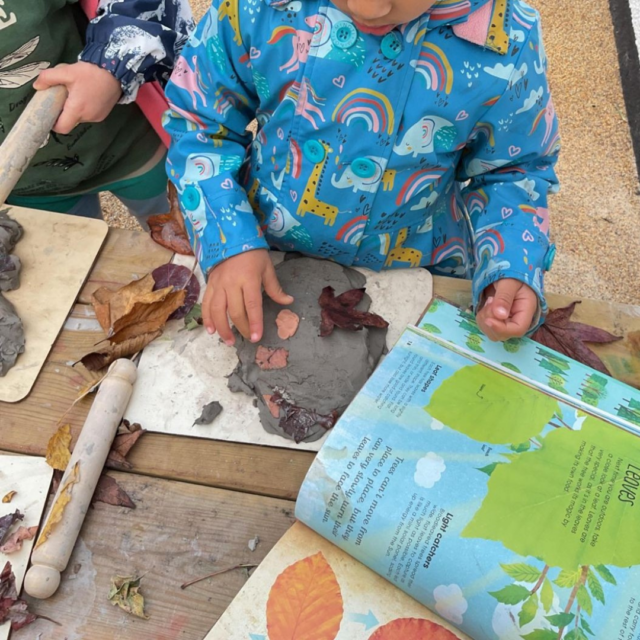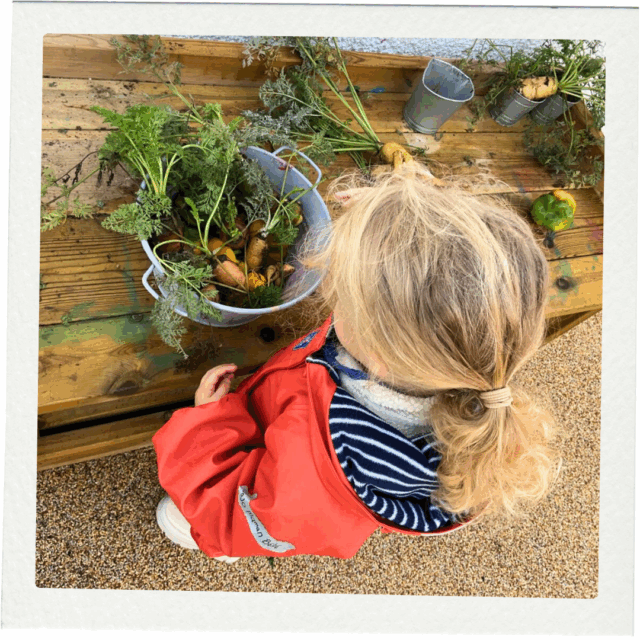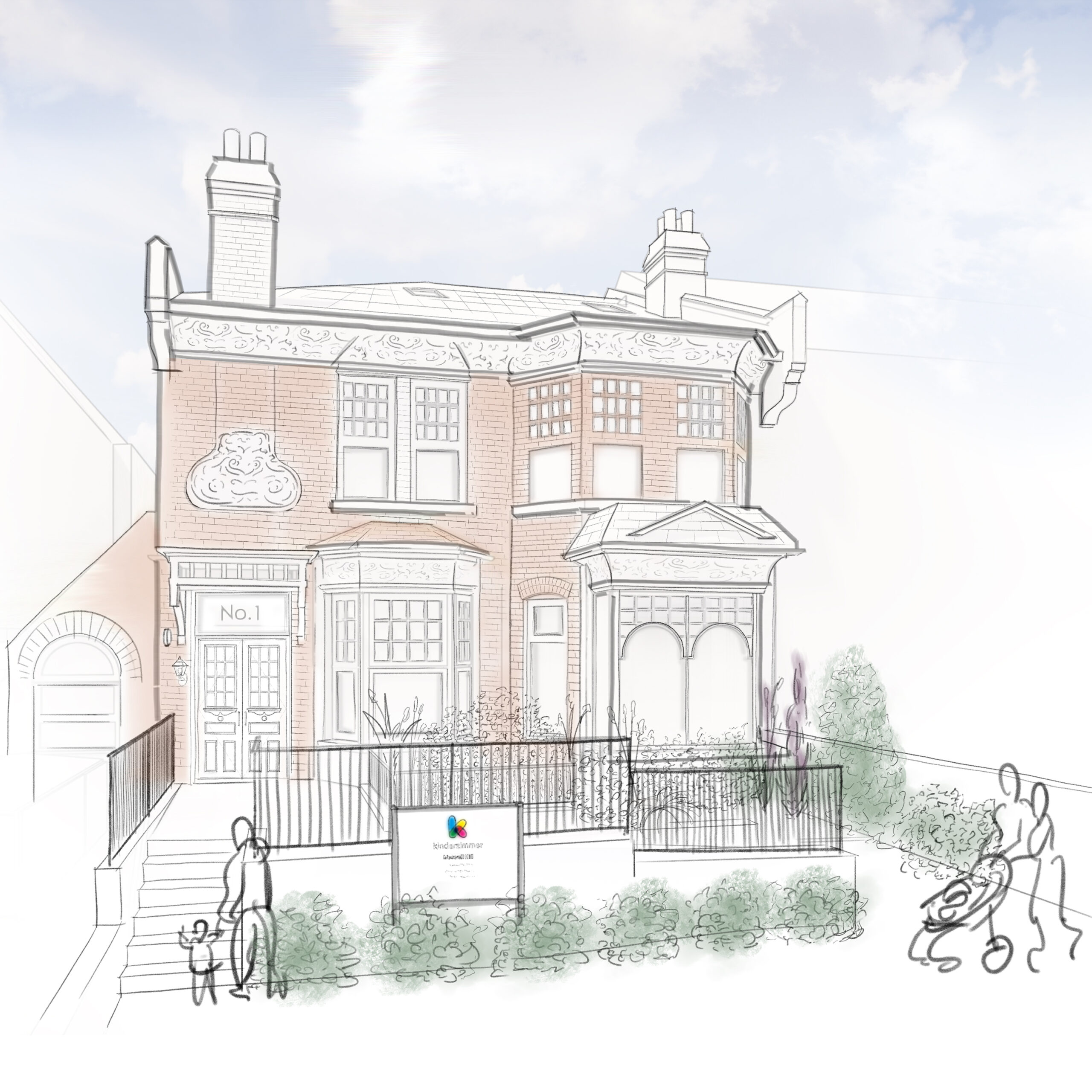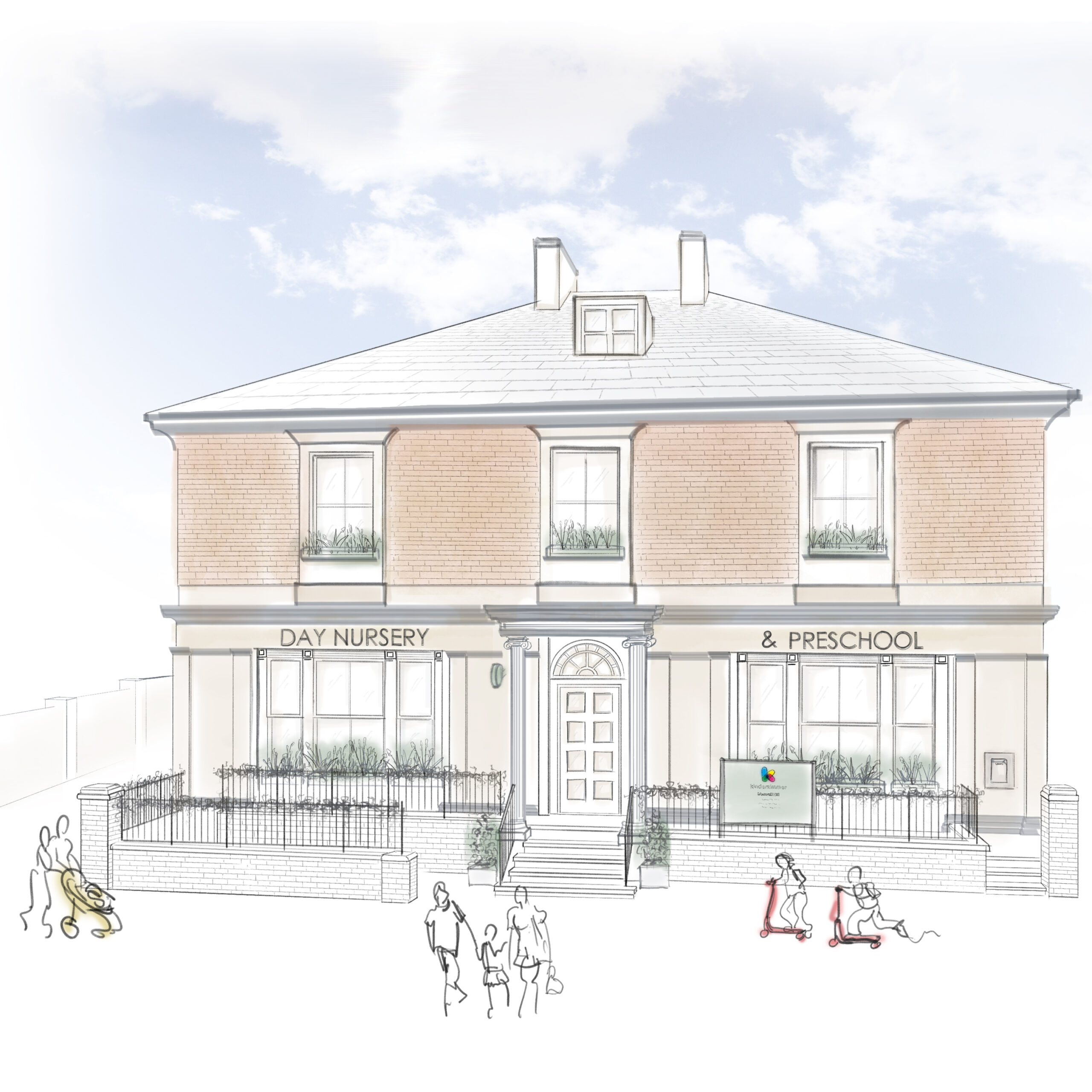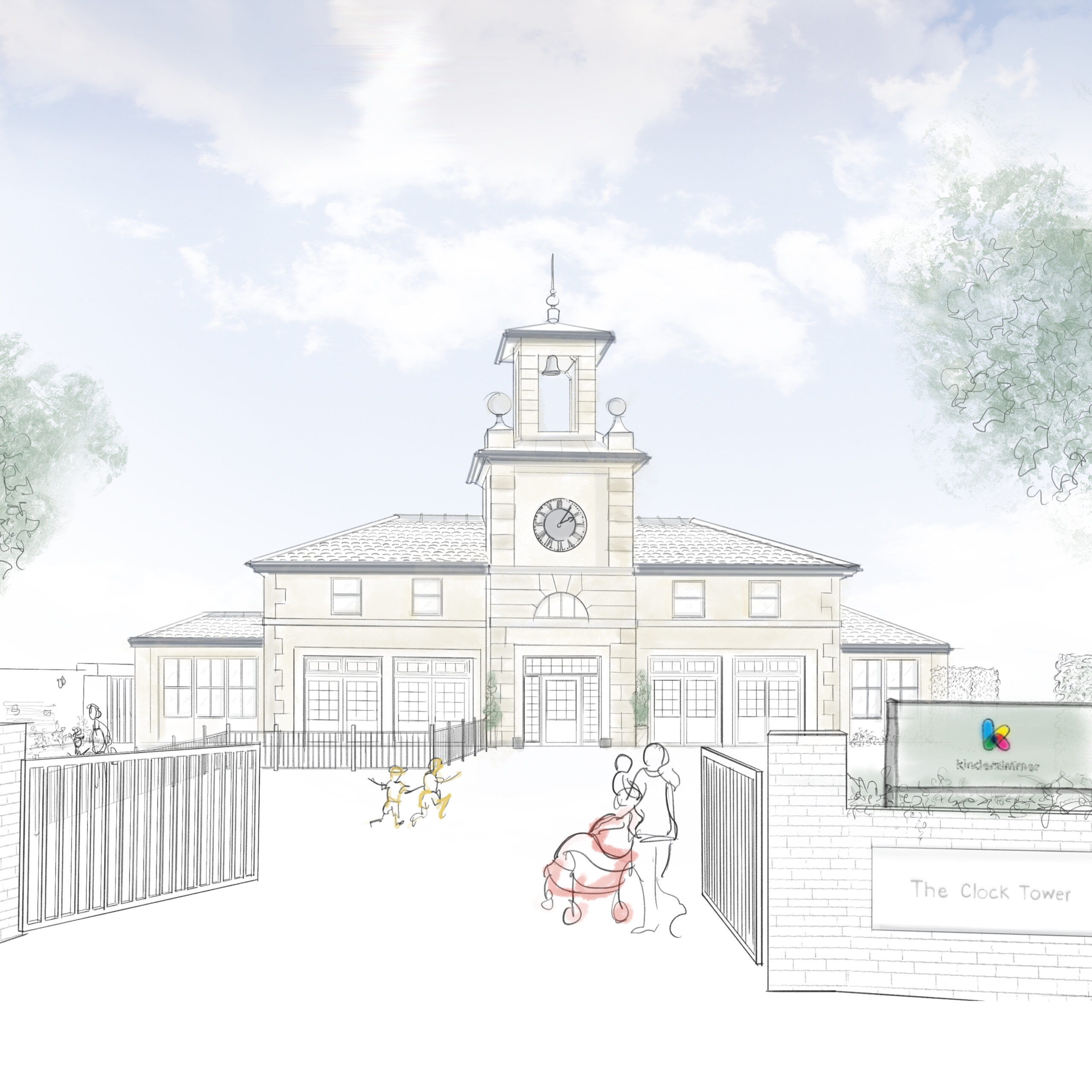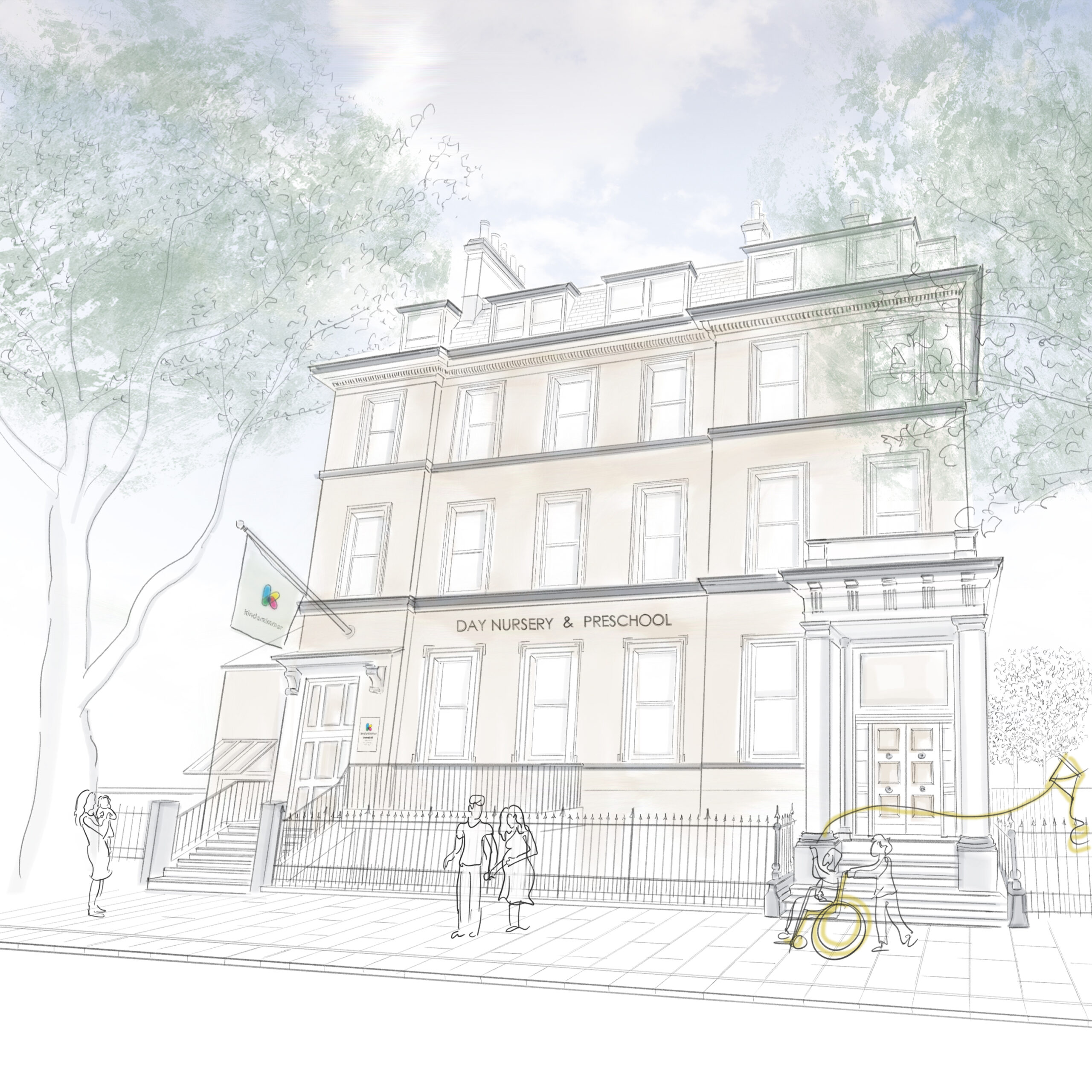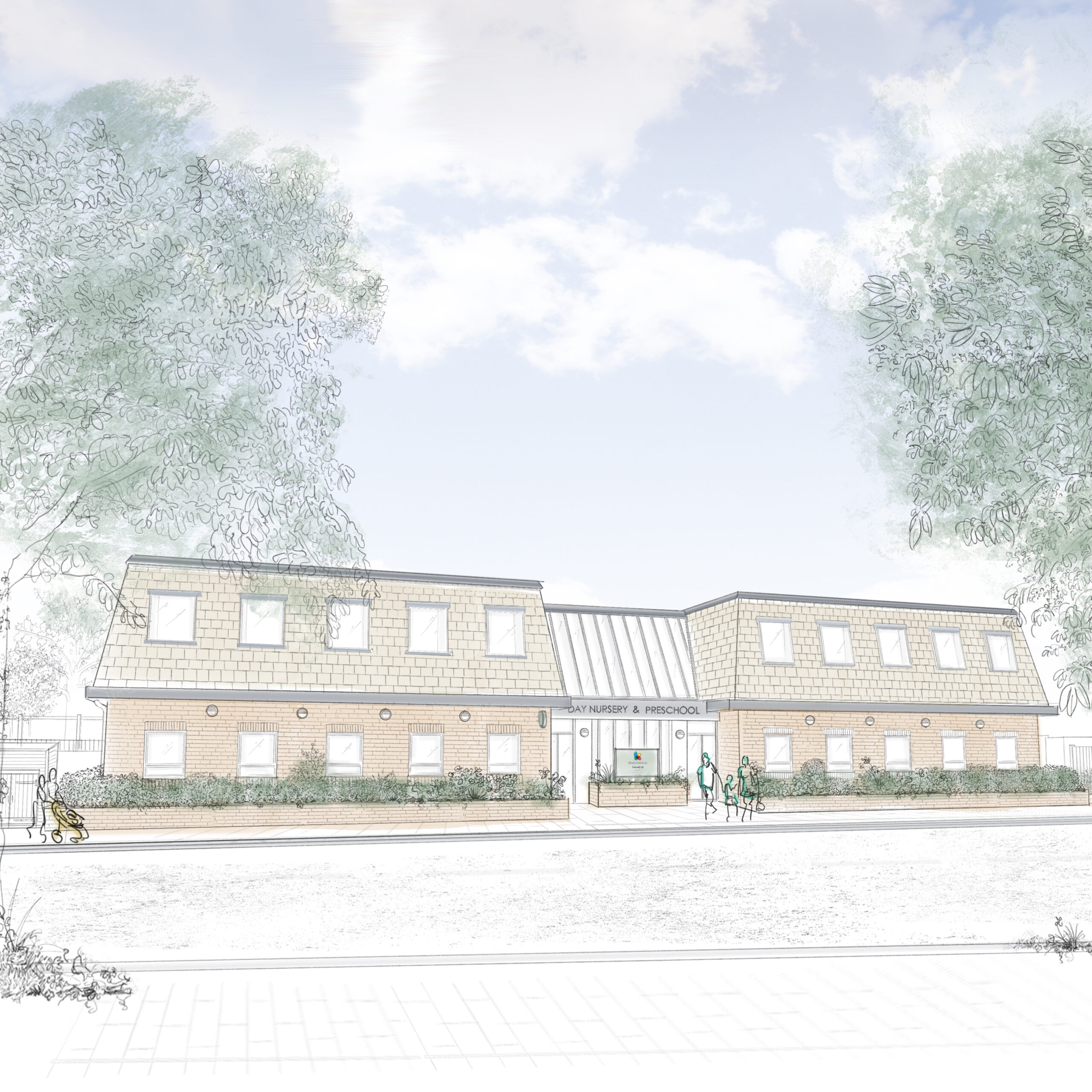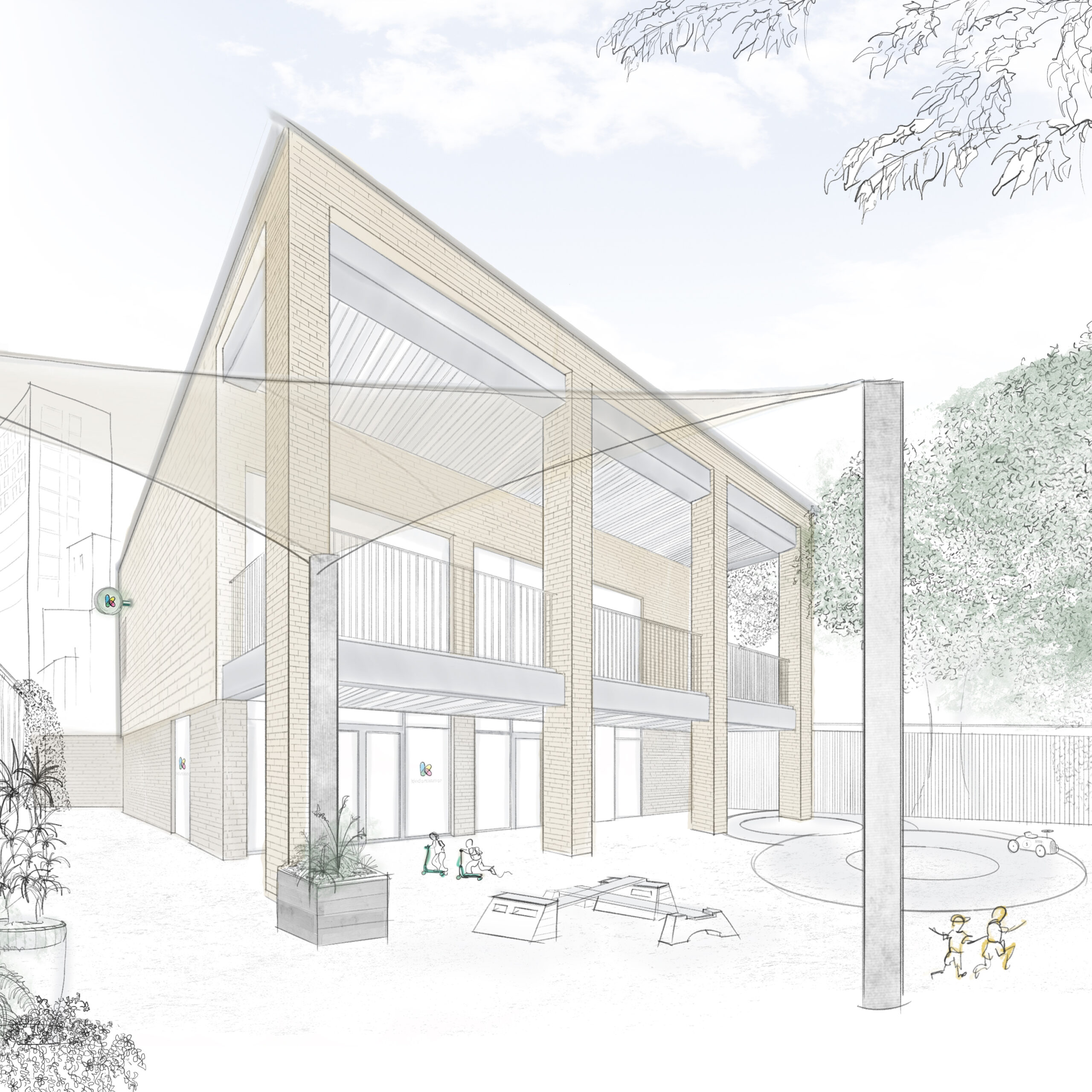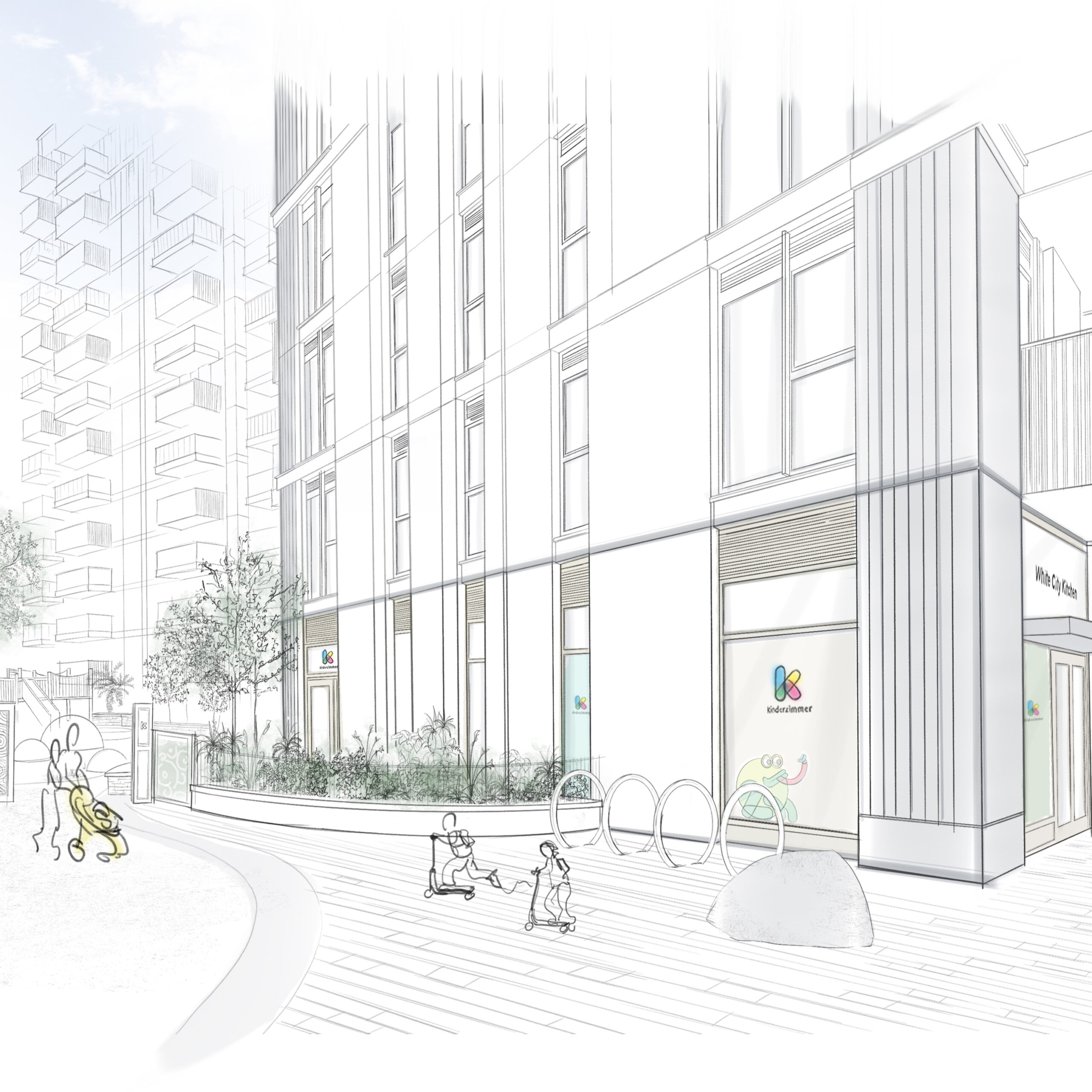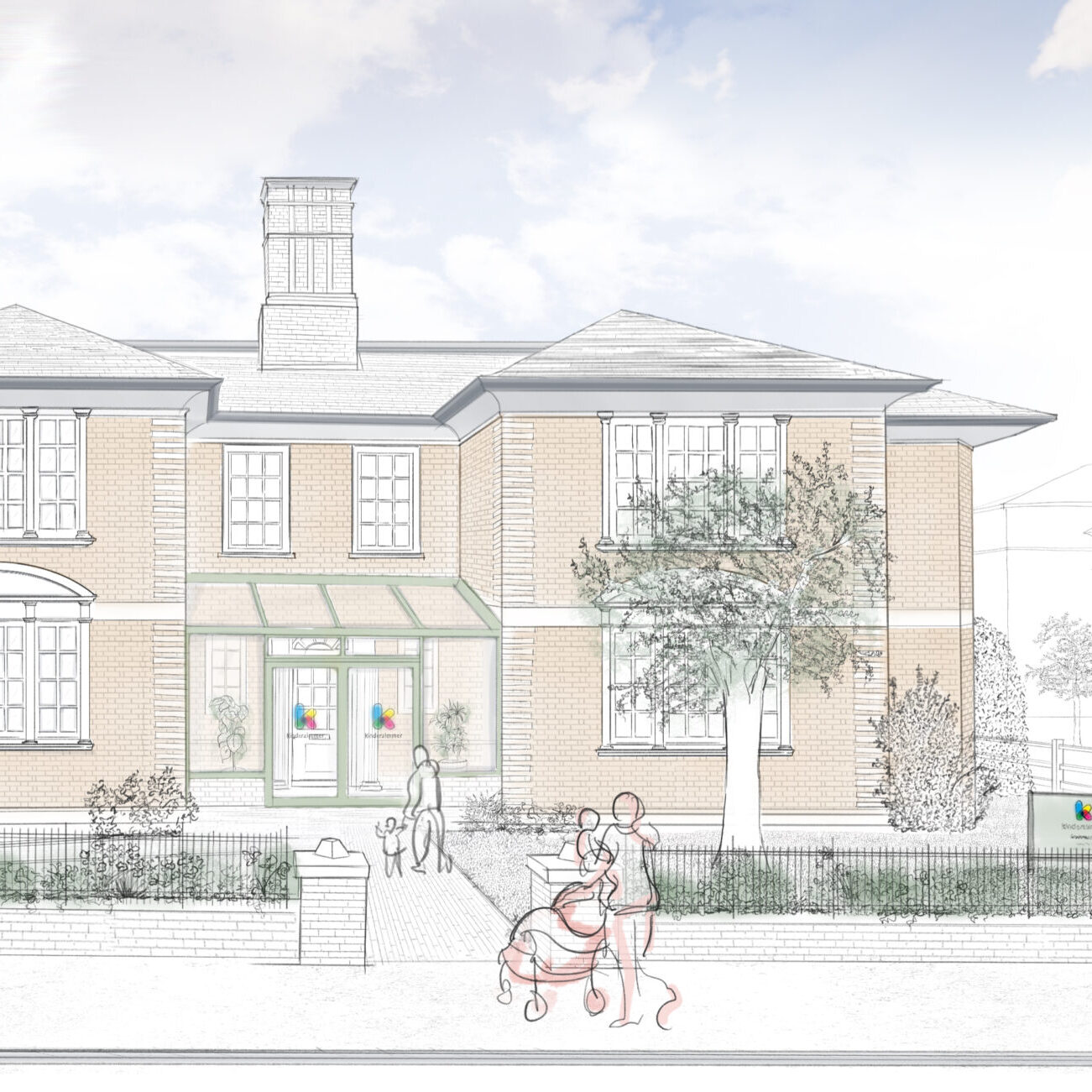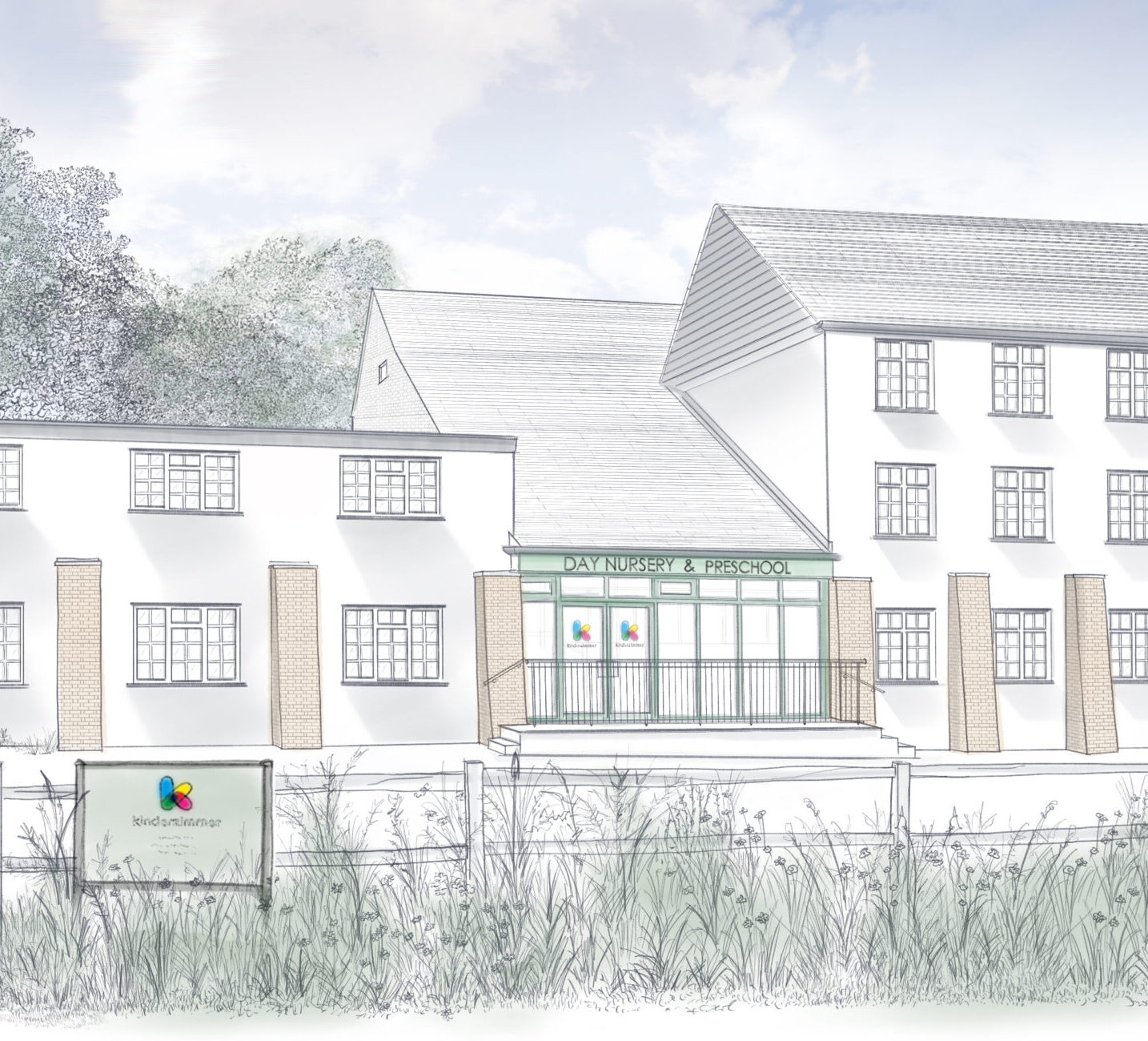The Role of Music in Early Childhood Development – How music boosts brain growth
27/10/25 Knowledge Base Parenting Welcome to kinderzimmerThe Role of Music in Early Childhood Development – How music boosts brain growth
Music is more than just a source of entertainment – it plays a vital role in a child’s cognitive, emotional, and social development. From lullabies that soothe newborns to interactive songs that encourage movement and learning, music has a profound impact on brain growth and overall well-being.
At kinderzimmer, we recognise the importance of music in the early years and integrate it into daily routines, activities, and learning experiences. In this blog, we’ll explore how music supports brain development, the benefits of musical engagement, and how you can incorporate music into your child’s everyday life.
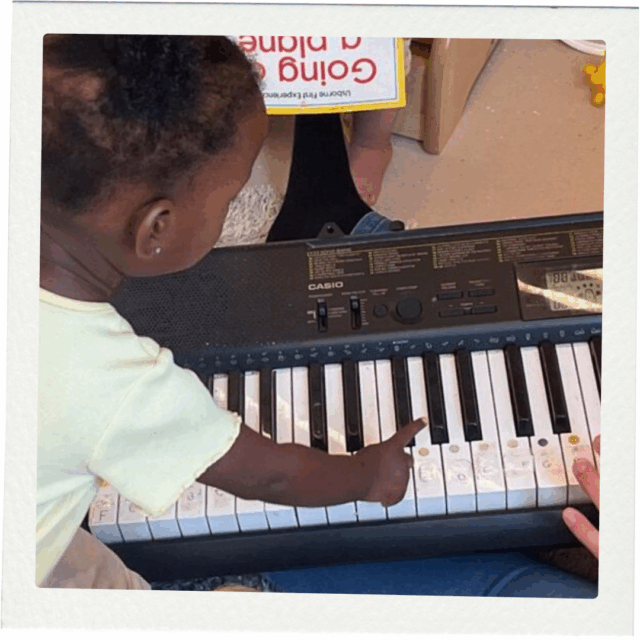
How Music Supports Brain Development
Music engages multiple areas of the brain at once, making it a powerful tool for learning and development. When children listen to or participate in music, their brains process rhythm, melody, and lyrics while also activating areas responsible for movement, coordination, and emotional response.
Studies show that exposure to music in early childhood enhances:
Language and Communication Skills: Singing songs and rhymes helps children develop vocabulary, pronunciation, and comprehension. Rhythm and repetition make it easier for children to remember words and phrases, supporting speech development.
Memory and Cognitive Function: Music strengthens memory by encouraging pattern recognition and recall. Children who engage with music regularly often perform better in problem-solving and academic tasks.
Emotional Regulation: Music can be calming or energising, helping children express and manage their emotions. Familiar songs create a sense of security, while engaging with different musical styles can enhance emotional intelligence.
Motor Skills and Coordination: Clapping, dancing, and playing simple instruments help children refine fine and gross motor skills. Music-based movement activities improve coordination, balance, and spatial awareness.
Social and Emotional Bonds: Group singing and music-making encourage cooperation, listening, and shared experiences, helping children build strong social connections.
The Benefits of Music in Early Education
Music is a fundamental part of high-quality early education, supporting learning across all developmental areas. At kinderzimmer, we integrate music into daily activities to enhance children’s experiences in a fun and engaging way.
Music and Montessori Education
The Montessori approach values sensory-rich learning, and music is a key component of this philosophy. Children are encouraged to explore sounds, rhythms, and instruments independently, fostering creativity and self-expression. Montessori educators use music to develop listening skills, introduce mathematical concepts (such as counting beats), and promote concentration.
Music in Steiner (Waldorf) Education
The Steiner method emphasises the connection between music and holistic development. Songs, rhythm, and movement are used to create a sense of routine and flow in the child’s day. Steiner education integrates live music, storytelling, and seasonal songs to nurture imagination and emotional well-being.
Froebel’s Approach to Music and Play
Froebel, the pioneer of early childhood education, believed that music and play were essential for learning. His educational philosophy encouraged singing games, finger plays, and musical storytelling to support language development, rhythm awareness, and group cooperation.
How to Incorporate Music into Your Child’s Daily Life
Music is an accessible and enjoyable way to enrich your child’s learning and development. Here are some simple ways to bring music into your home:
Sing together daily: Whether it’s a lullaby at bedtime or a cheerful morning song, singing with your child strengthens bonds and builds language skills.
Encourage movement: Play songs that invite clapping, dancing, or marching to develop coordination and motor skills.
Introduce simple instruments: Percussion instruments like tambourines, maracas, and xylophones allow children to explore rhythm and sound.
Make music part of routines: Use songs to signal transitions, such as a tidy-up song before cleaning up toys or a calming tune before naptime.
Explore different musical styles: Exposing children to a variety of music – from classical to folk to world music – broadens their auditory experiences and fosters cultural awareness.
Attend music-based activities: Join parent-and-child music classes or local singing groups to engage your child in social and musical experiences.
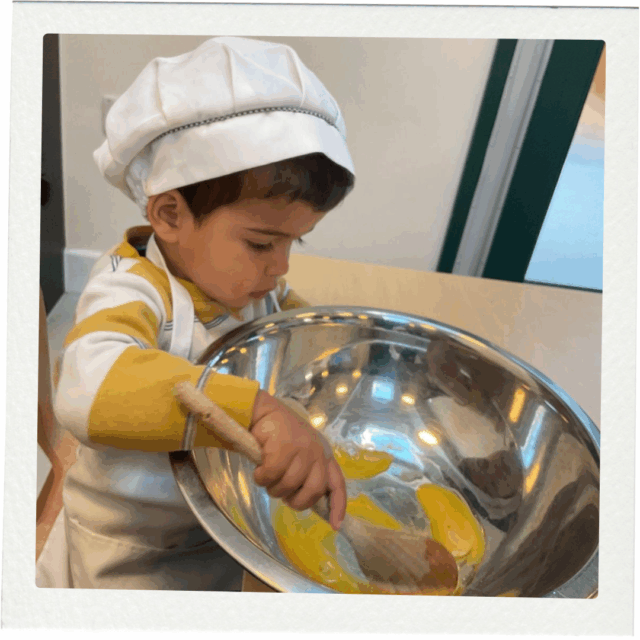
The Lasting Impact of Music
Music is a powerful tool that nurtures brain development, emotional well-being, and social skills in young children. By integrating music into daily routines and learning experiences, we can create a rich and stimulating environment that supports holistic development.
At kinderzimmer, we embrace music as an essential part of early childhood education, helping children explore, express, and connect through rhythm and melody. Whether it’s through singing, dancing, or playing instruments, every musical experience helps lay the foundation for lifelong learning and creativity.
If you’d like more guidance on incorporating music into your child’s routine, feel free to reach out, we’re here to support you on your parenting journey!
